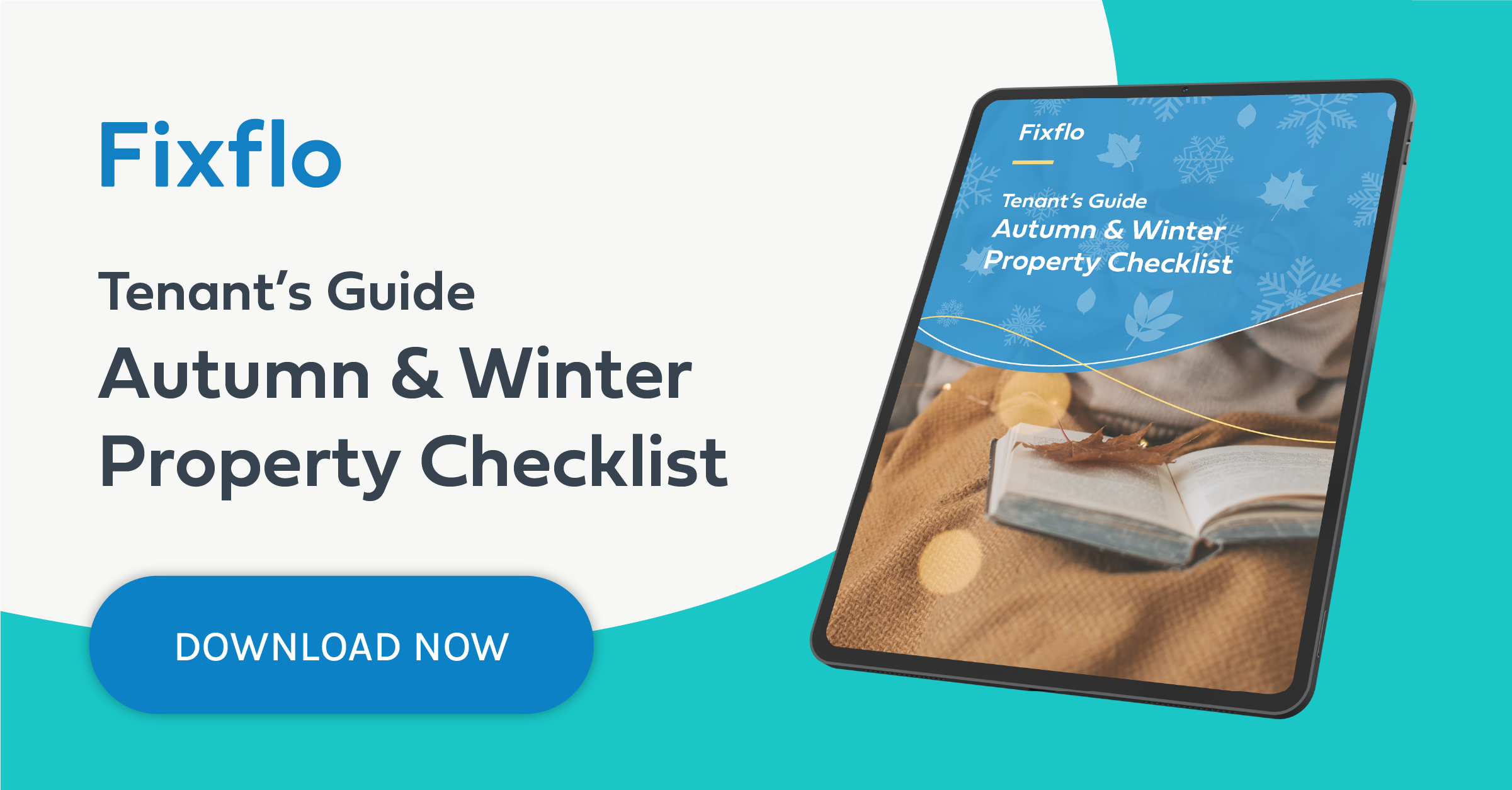With more and more extreme weather events occurring across the globe, it’s no longer possible to deny the effects of climate change are causing chaos. We take a look at what this chaos means for the rental sector and what obligations landlords have when extreme circumstances drive tenants from their homes.
Do landlords have to provide their tenants with alternative accommodation in cases when emergency relocations are required?
Provided the issue that makes the property uninhabitable is caused by external forces (such as fire or flood) and not due to the landlord being in breach of their repairing duties (faulty electrical wiring etc.), landlords are not obligated to provide alternative accommodation. You should bear in mind, however, that tenants are not legally obligated to move out unless the property is deemed genuinely uninhabitable. If tenants can choose to remain and the repair work has to be done around them, the work is likely to take much longer. This can mean higher costs, so it makes sense to maintain cordial relations with your tenant and find workable solutions for both parties.
Can landlords still charge rent when the tenants have found alternative accommodation?
There are no set rules or regulations on this point — the answer will depend on the individual tenancy contract in place. While many Assured Shorthold Tenancies (ASTs) have a clause where the landlord agrees to return any rent payable during the uninhabitable period, this issue is on a case-by-case basis. However, even if your AST does not contain this clause, it's worth considering whether a goodwill gesture like this could increase retention and improve your relationship with your tenants.
What type of insurance do landlords need for when their properties become uninhabitable?
Whether or not your tenancy contract contains stipulations about rental payments, the insurance you hold takes centre stage. While some ‘landlords insurance’ policies may cover alternative accommodation, looking into a separate policy to specifically mitigate against these circumstances is a valuable investment as it will allow your tenants access to emergency relocation services like A3 Relocation Services and ensure you’re meeting all your legal obligations.
When considering whether to extend insurance into this area, landlords should bear in mind that even when a house has been structurally repaired, certain key areas such as bathrooms or kitchens might still be inoperational and out of bounds. Comprehensive forms of insurance may cover temporary solutions — like Kitchenpods — and make your rental property accessible for your tenants, restoring your rental income more quickly.
How can I help my tenants prepare for bad weather?
Repairs issues on gardens and exteriors were up 186% compared to 2019 for the period when Storm Ciara ravaged the country, while Fixflo helped providers manage over 5,000 claims during the three-day period.
While you can't always protect from the consequences of extreme (and thankfully rare) weather, you can help your tenants get their homes in shape for autumn and winter. Pass them this guide, and, with a few simple tips, they'll be better placed to keep their homes warm, dry and cosy.

BLOG DISCLAIMER
This article is intended for information purposes only and does not constitute legal advice. If you have any questions related to issues in this article, we strongly advise contacting a legal professional.
These blog posts are the work of Fixflo and are licensed under a Creative Commons Attribution-ShareAlike 3.0 Unported License. In summary, you are welcome to re-publish any of these blog posts but are asked to attribute Fixflo with an appropriate link to www.fixflo.com. Access to this blog is allowed only subject to the acceptance of these terms.


